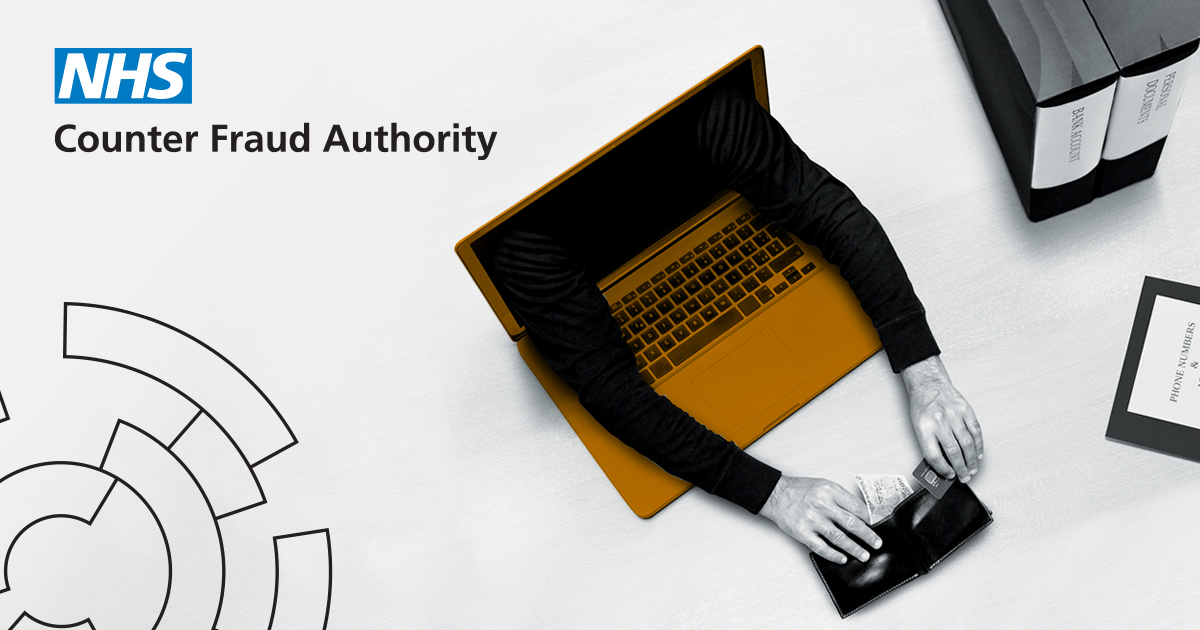
We are proud to support International Fraud Awareness week.
Over the following week, we will be posting guidance and tips for preventing fraud within the NHS.
NHS fraud. Spot it. Report it. Together we stop it.
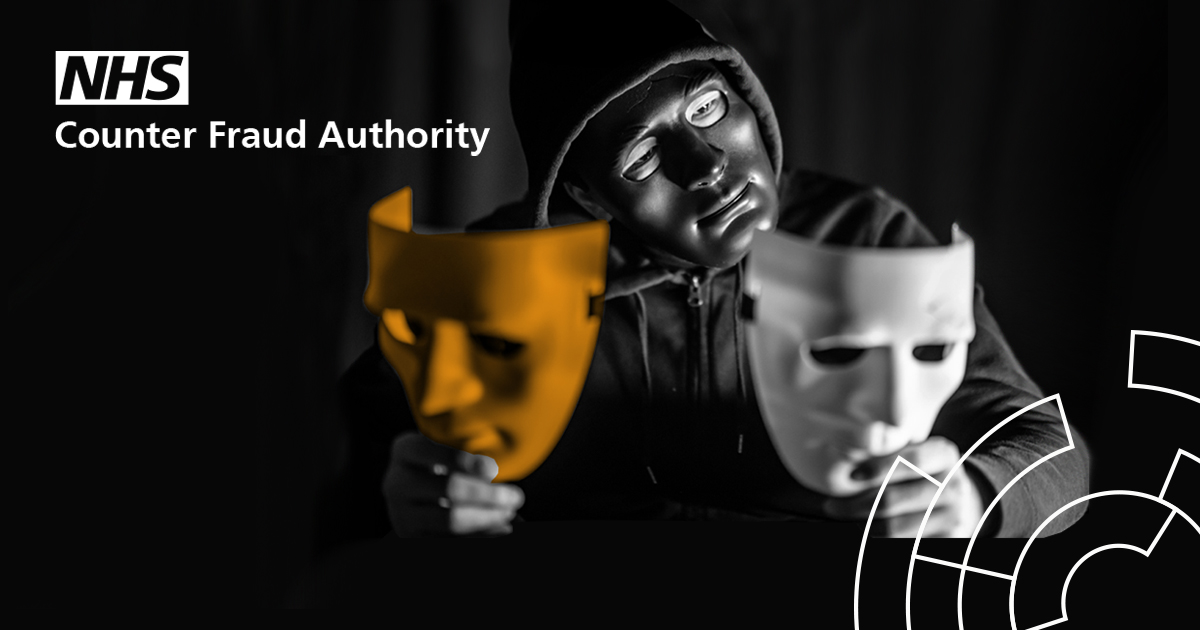
NHS Fraud occurs when someone tricks our National Health Service so that they can benefit financially or in another way. It's a crime that the @NHSCFA is committed to tackling, but it's also one that requires the combined efforts of everyone within the NHS and beyond.
NHS fraud. Spot it. Report it. Together we stop it.
Terminology can often muddy the waters. Fraud is the same at its very core.
If you are targeted directly in your personal life, or whilst at work, the deception is the same.
NHS fraud. Spot it. Report it. Together we stop it.
Investment sound good to be true?
It probably is…
NHS fraud. Spot it. Report it. Together we stop it.
For @NHSCFA fraud, report here:
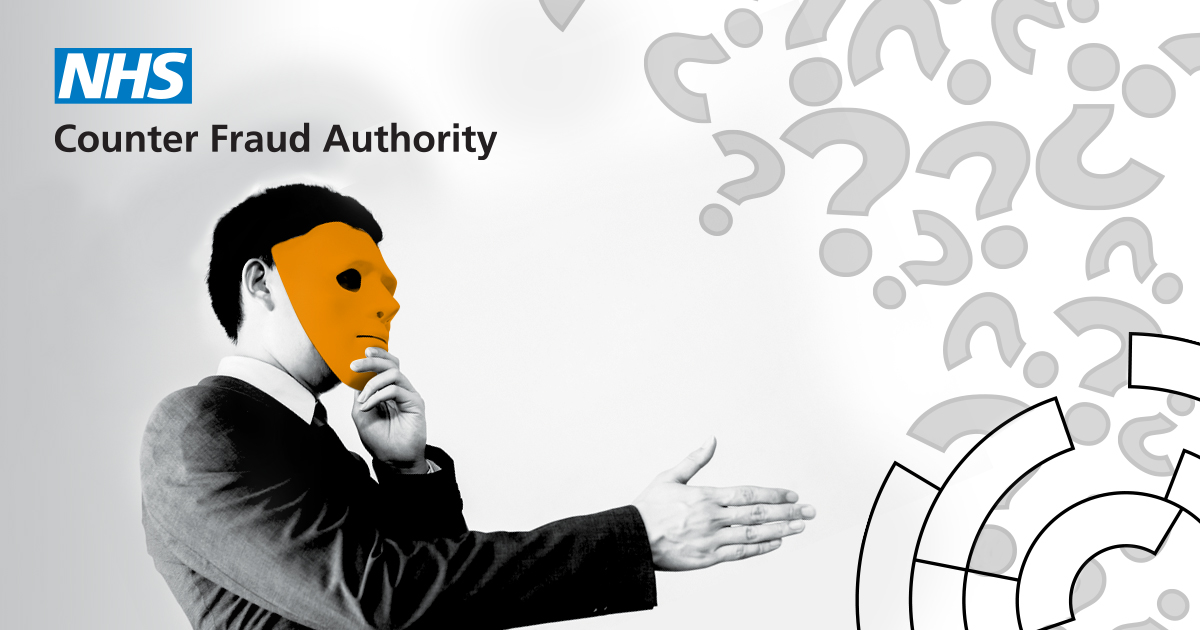
Receiving vague invoices?
@NHSCFA suppliers should provide as much information as possible on invoices, including:
- supplier’s name /logo
- invoicing address and contact details
- purchase order or booking reference
- invoice, account, and VAT numbers
- health body’s name and invoicing address
- supplier’s bank details including account name, number, and sort code
- full breakdown of the amount being invoiced including VAT
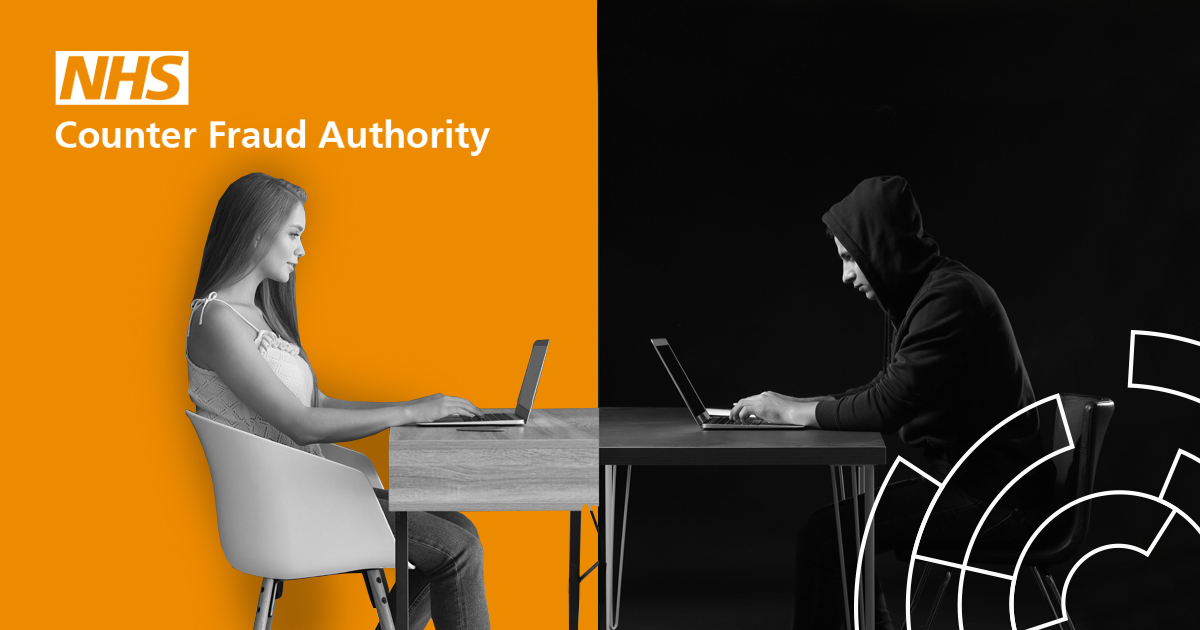
Are you confident that the change in supplier bank details request is genuine?
Can you be certain of whom you are speaking with over email? Are they really whom they say they are?
Mandate fraud is one of the most attempted frauds @NHSCFA see against the NHS.
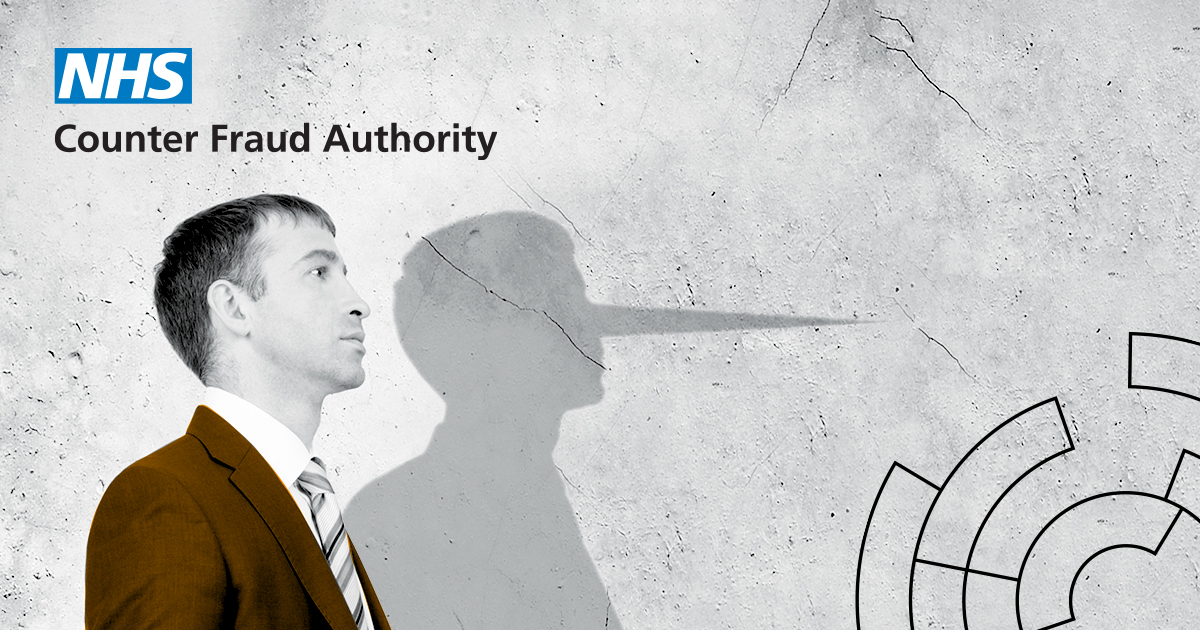
Insider fraud! Be aware!
An insider refers to an employee, contractor or individual with legitimate access to the organisation’s systems.
Examples @NHSCFA see include:
- false payment requests
- an insider overbilling a debtor and pocketing the difference
- recording false credits, rebates, or refunds
- creating overpayments to creditors and then pocketing subsequent refunds
- creating fictitious suppliers and/or shell companies for fraudulent payments